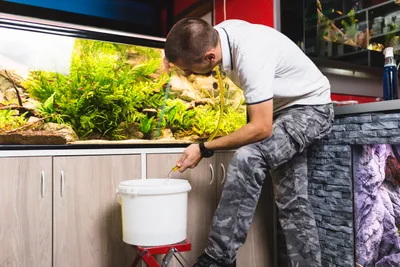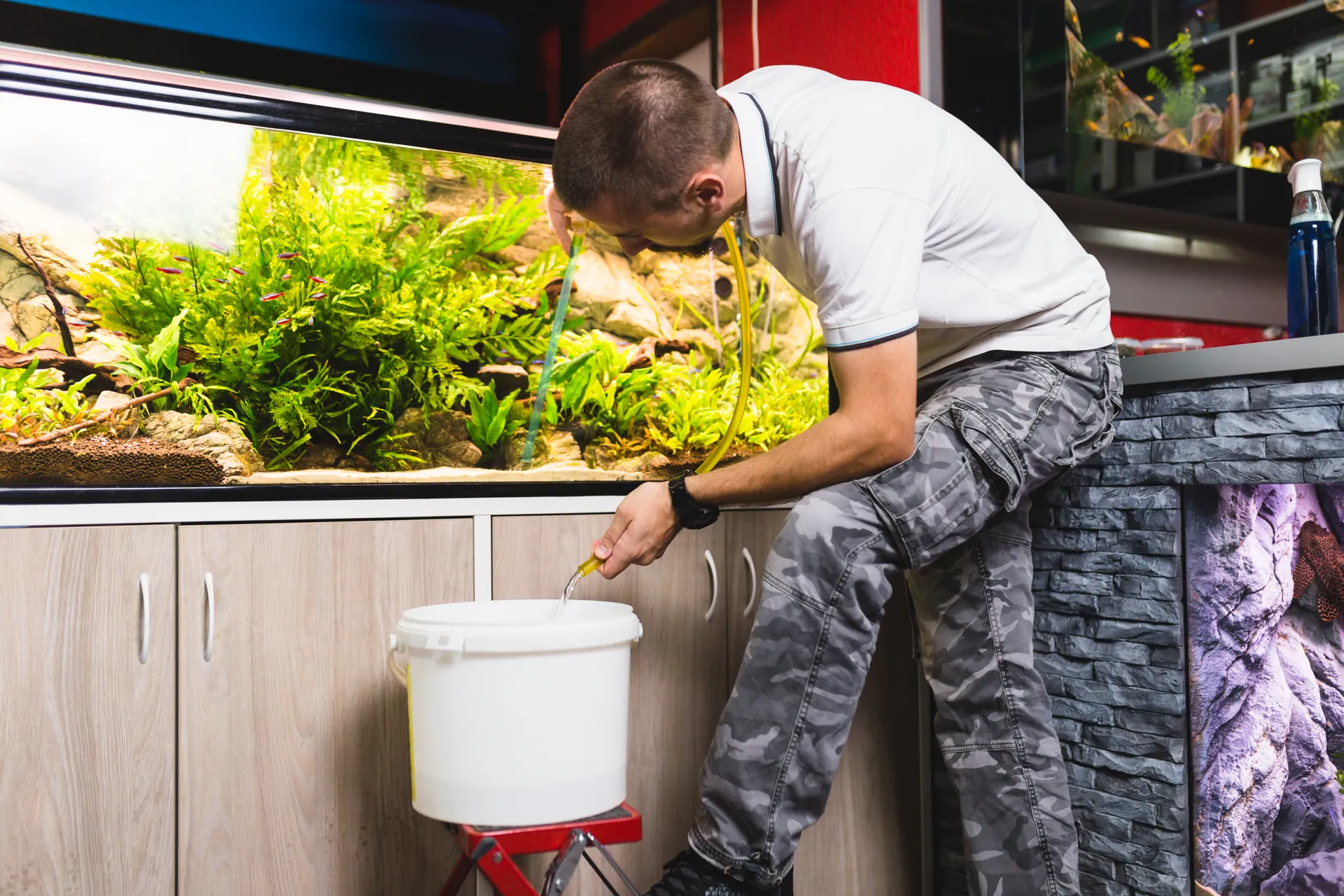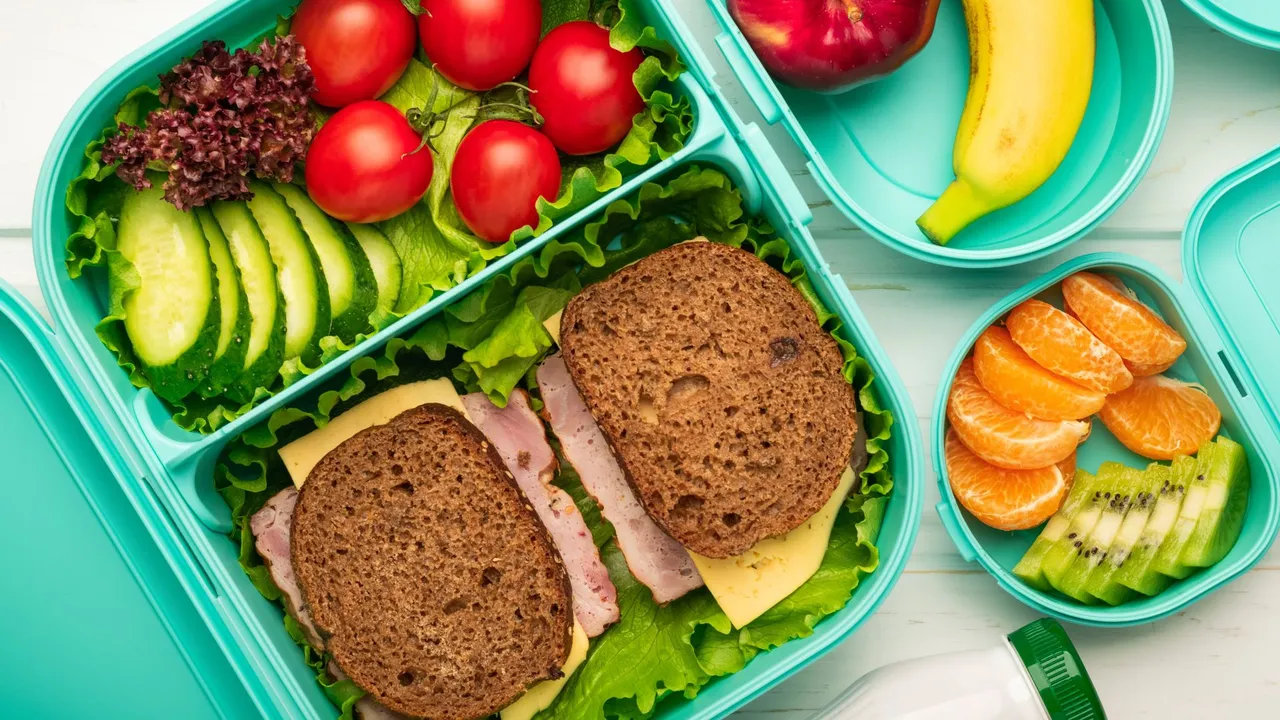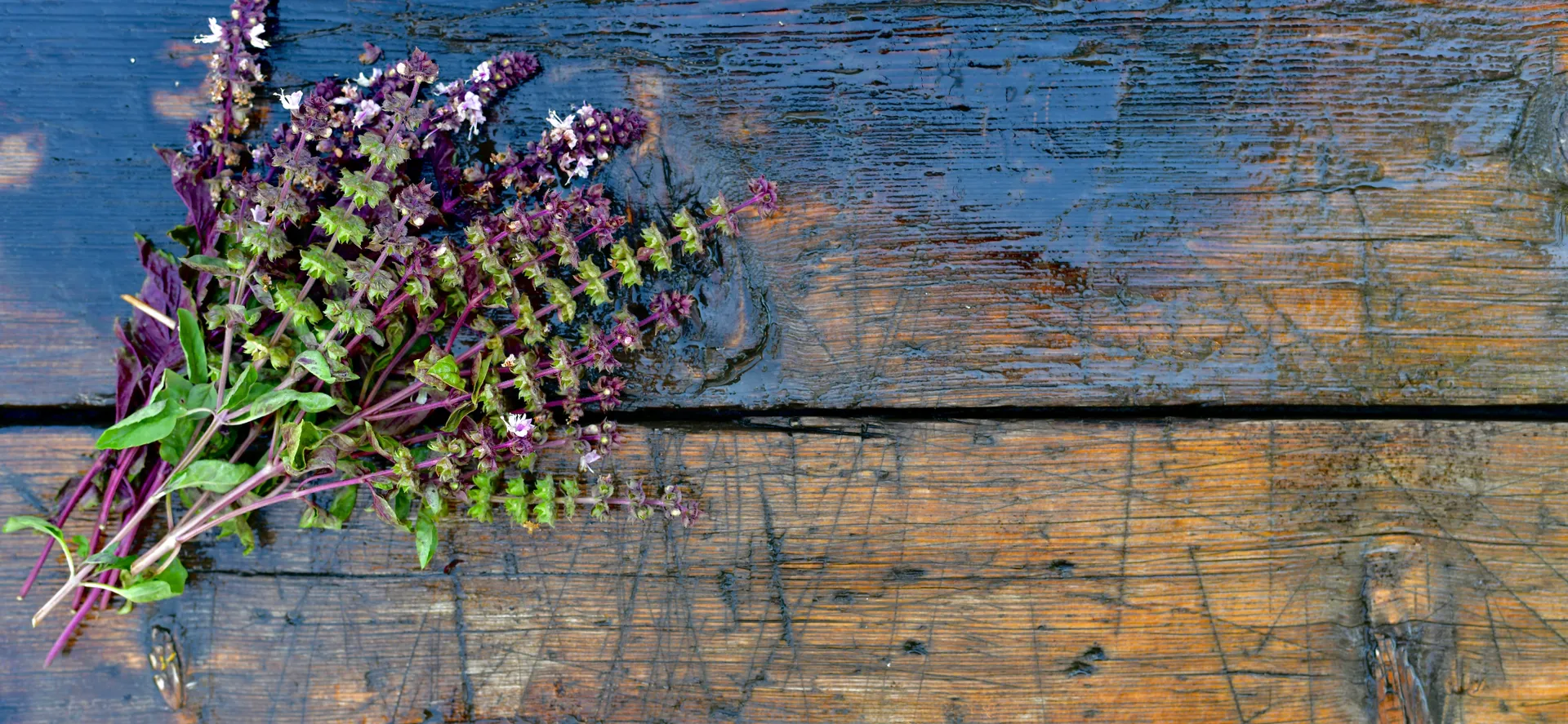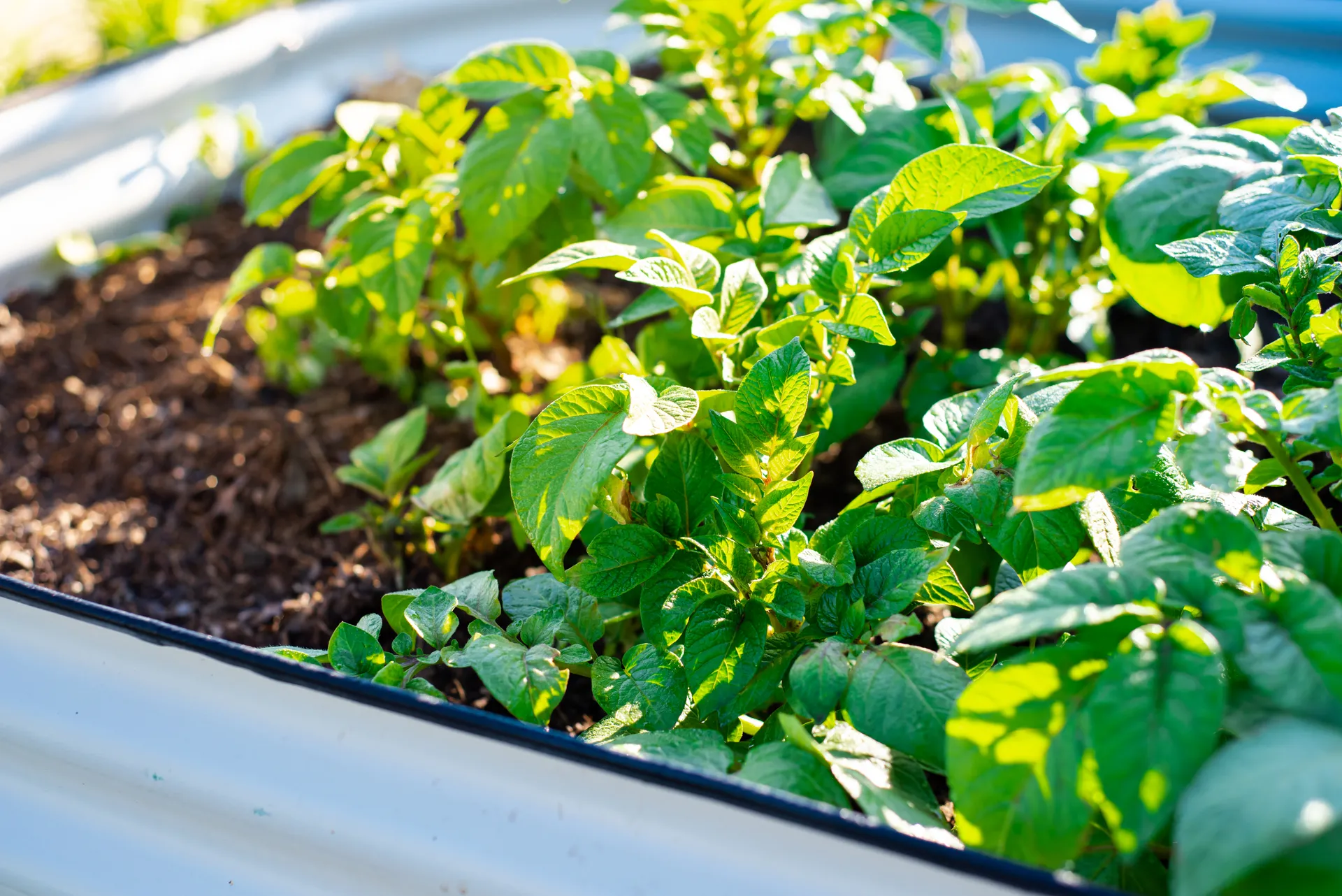Organic gardening for healthy soil, plants and people
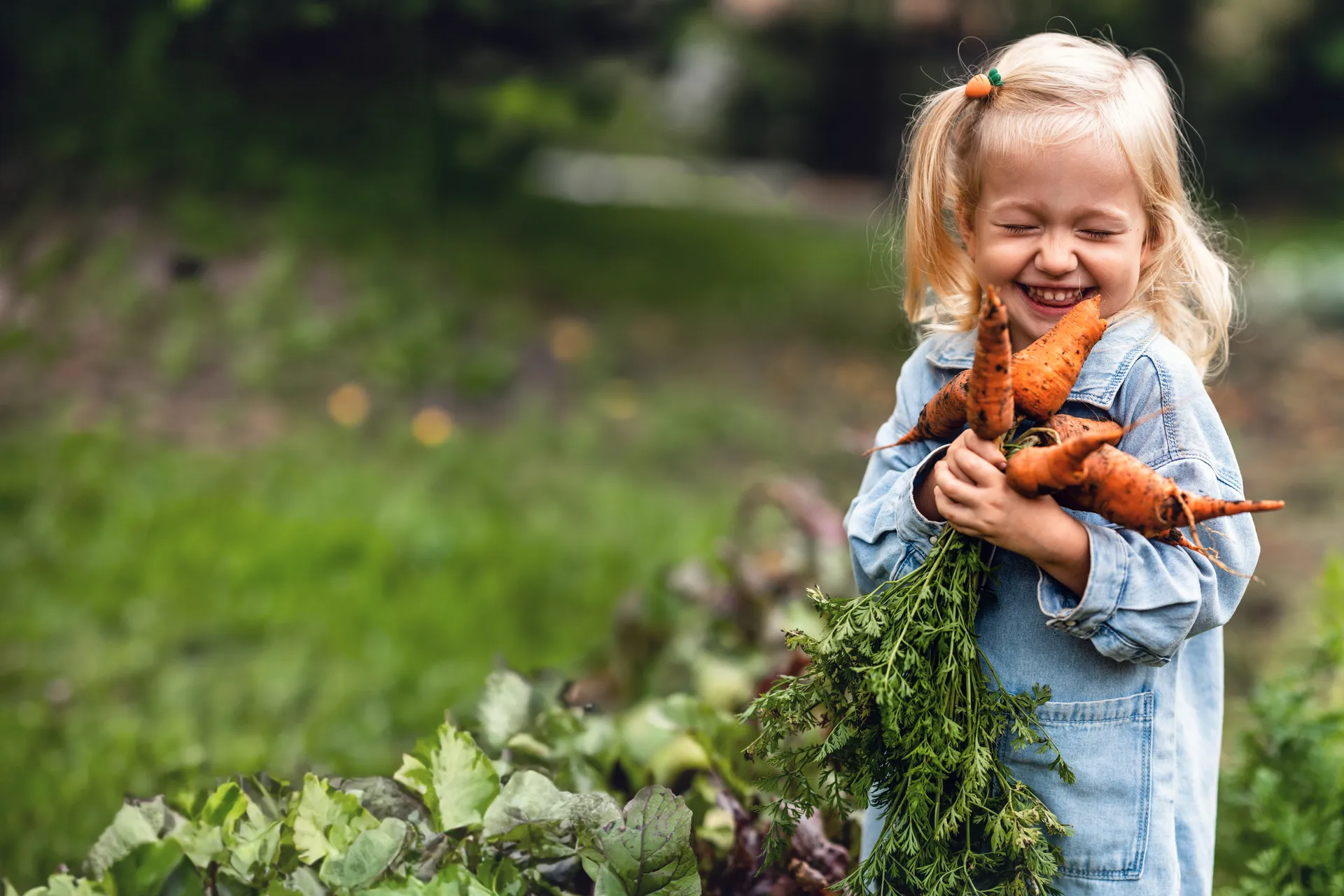
Discover the benefits of organic gardening and learn practical tips to grow nutrient-rich food, improve soil health, and support biodiversity—all while living sustainably and chemical-free.
Growing Up with Organic Gardening
by Anne Gibson
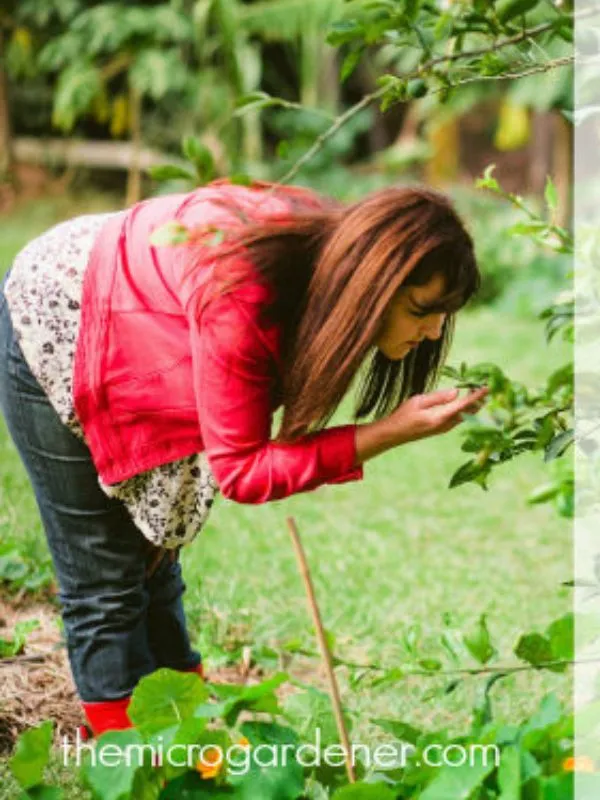
As a child growing up on a quarter-acre block in suburban Sydney, our family’s backyard garden was our food source. We grew vegetables, tended fruit trees, and raised chickens. My parents taught me how to recycle garden and kitchen waste into compost, mulch with grass clippings, and use natural materials to enrich the soil. We didn’t call it “organic gardening” – we were simply living sustainably and working with nature.
Why garden organically
Organic gardening is not just about avoiding chemicals—it's about adding value to the environment by improving soil quality and plant health. The rewards are immensely satisfying.
You'll enjoy:
- minimal chemical exposure to your food, soil, pets and wildlife
- fresh, nutrient-rich produce that supports a strong immune system
- connection to nature through sunlight, fresh air and physical activity
- fewer pests and diseases thanks to biodiversity and healthy soil
- cost savings by recycling nutrients and reducing reliance on store-bought inputs.
Is gardening without chemicals even possible?
From personal experience, I believe it is. By applying a few key principles when designing your garden, choosing plants and maintaining it, you can create a productive, abundant space that requires less time, money and effort.
Key Organic Gardening Principles
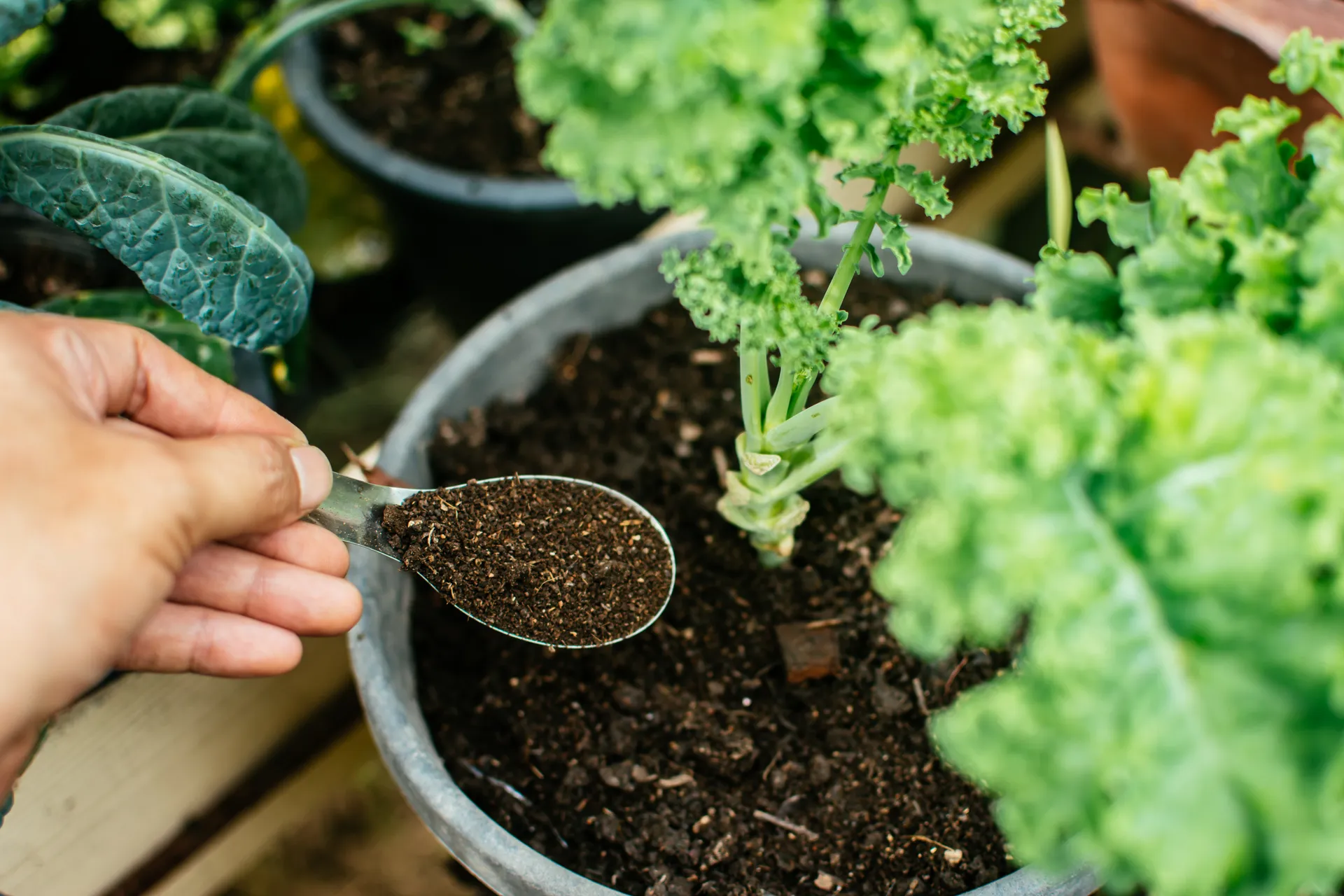
1. Feed the Soil, Not Just the Plants
Soil high in organic matter with a constant layer of mulch creates a nutrient-rich, moisture-holding environment for plants and soil microorganisms to thrive. Nature layers the soil surface with leaves, decaying plant material and dead critters. Continual recycling and composting create humus.
This practice works perfectly in our pots and garden beds too. Simply recycle your kitchen waste back out into the garden to grow more food. Over time, you will develop a rich asset in your soil.
2. Select Plants Wisely
Choose varieties that thrive in your climate and locate them in microclimates that suit their needs—sun, shade, moist or dry soil, protected from the wind, cold or heat. Plant in season. Forcing unsuitable species into poor soil or unfavourable growing conditions is a recipe for disaster.
Stressed plants attract pests and disease, so give them the best chance of survival and productivity by matching them to the conditions they need.
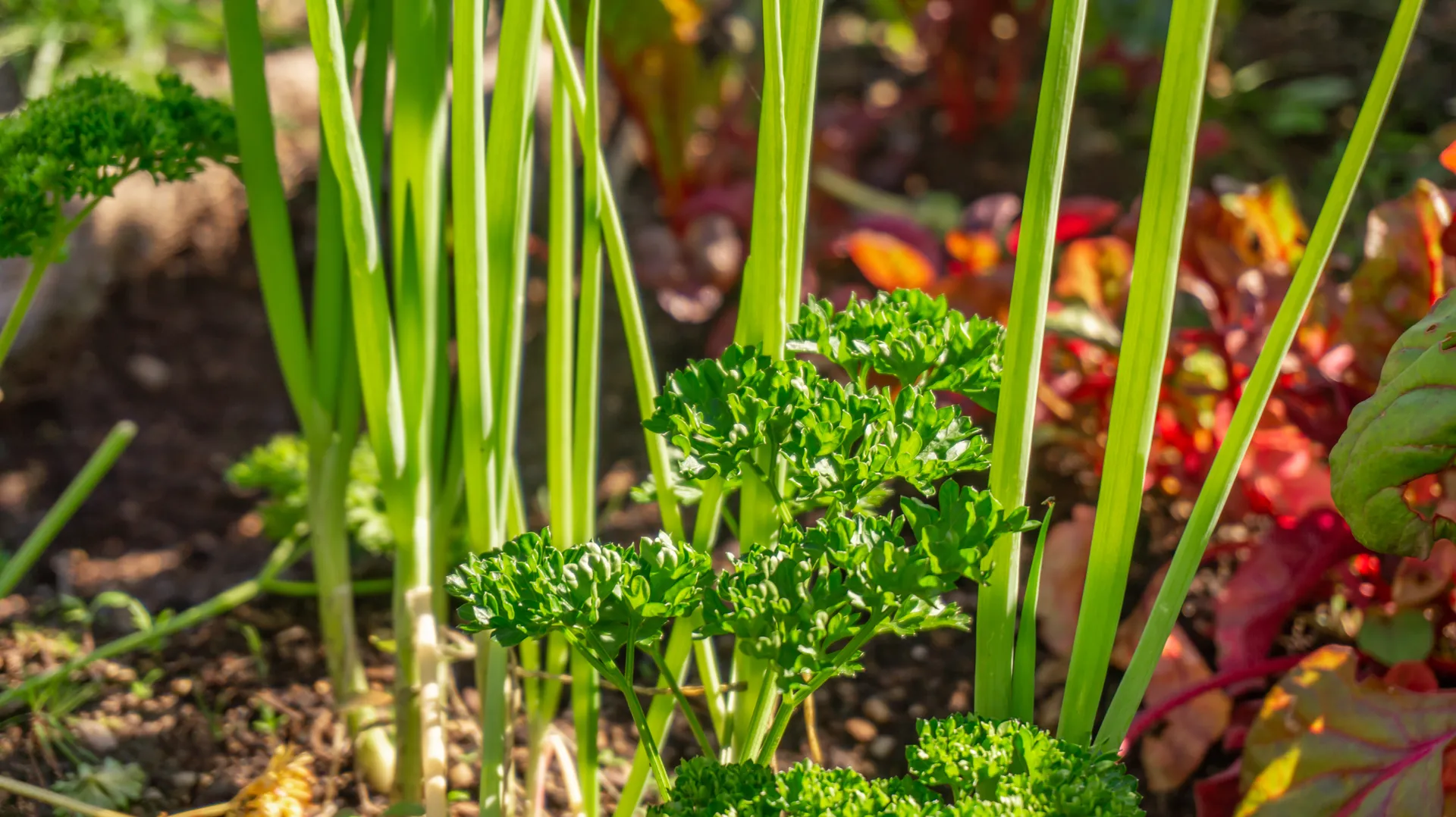
3. Focus on Biodiversity
A healthy organic garden is an ecosystem with a wide variety of plants, insects and soil life. They are all team players that work together for the common good. Avoid planting too much of one species as this encourages pests and diseases.
A monoculture destroys nature’s balance. Mix up your edibles and crop rotate seasonally to help attract a diverse range of pollinators, beneficial insects, soil microbes and minimise disease.
4. Practice Safe Gardening
Avoid artificial fertilisers, pesticides, herbicides and fungicides. Choose certified organic and heirloom seeds and raise seedlings when possible unless you know your nursery doesn’t use chemicals.
Intentionally choose non-toxic materials for your garden instead of chemically-treated timber, PVC, manures containing vet medications and other contaminated inputs. Research well and do your due diligence on the source of your materials.
Heavy metals and chemical compounds can end up leaching into the soil, your food and eventually the water table. Read labels and look for certified organic logos on seeds and products to create a safe edible garden.
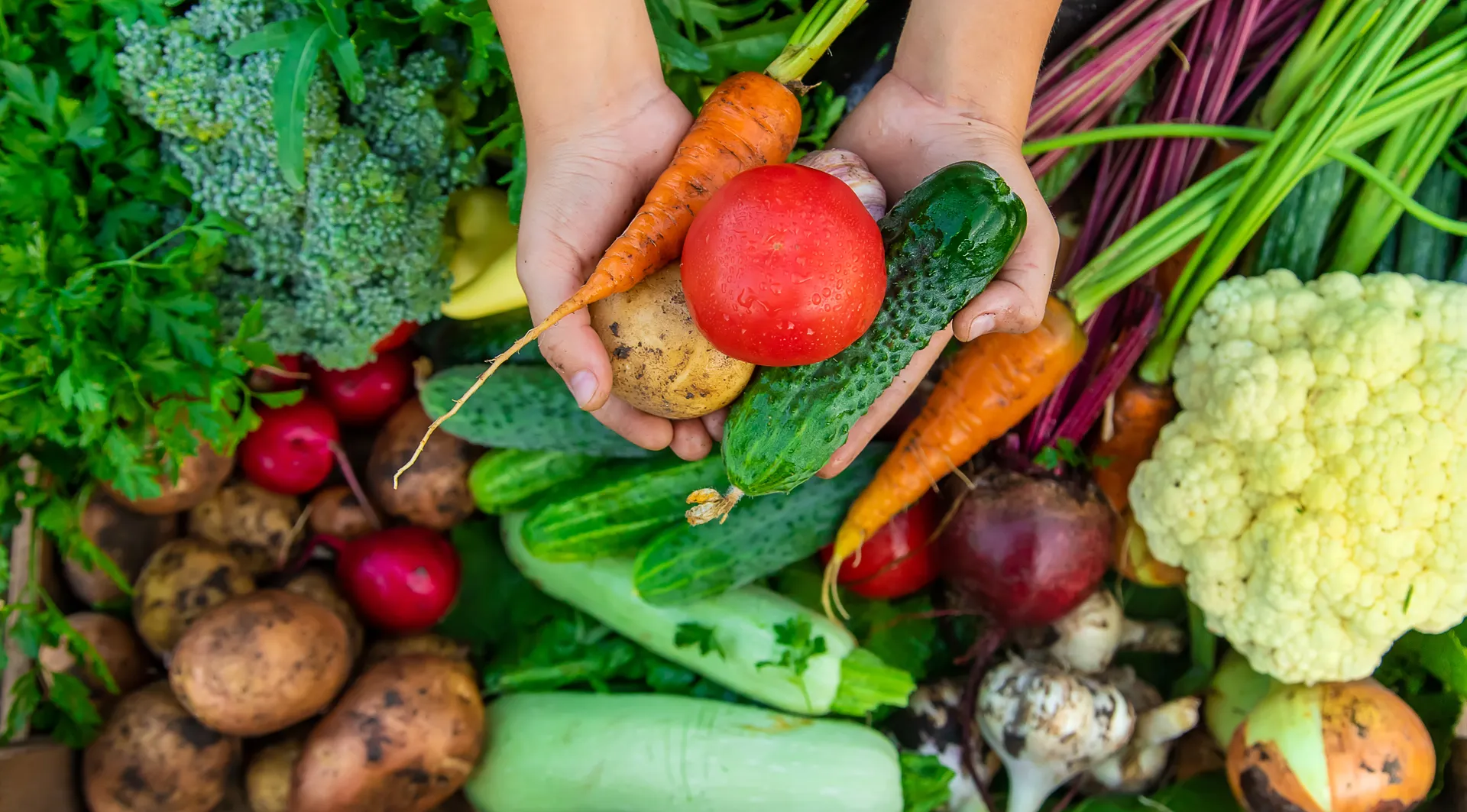
A Garden That Gives Back
Organic gardeners are stewards of the earth. We care about our soil, the health of our plants—particularly edibles—and create an environment that encourages all creatures to live safely.
Growing organic food at home is a sustainable way to tread lighter on our planet and enjoy the delicious, healthy rewards this deep connection to a garden can bring.
Categories:


